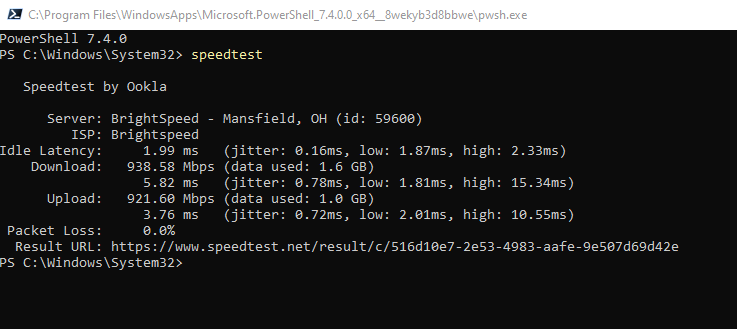@dafyre said in What Are You Doing Right Now:
@travisdh1 said in What Are You Doing Right Now:
@nadnerB said in What Are You Doing Right Now:
@scottalanmiller said in What Are You Doing Right Now:
@nadnerB said in What Are You Doing Right Now:
Moving from iOS to Android...
Honestly wasn't ready to but events have transpired to move things along.Not sure how I feel about it.
I liked it when I did it. And then regretted it when the instability and hardware problems came, and the lack of vendor protection. It's weird the things you don't think about in iOS are often the killer features. From an interface and usability standpoint, I liked the Android better.
The whole vendor support thing really irks me, as some vendors support for their phones varies by model.
Luckily(?) I'm got the use of a Pixel phone and updates are good (just got Android 14 today!).Even Pixel update support sucks monkey ****. They're great at getting updates out for supported devices, but devices are only supported for 3 years from the first day the device was sold in retail. For those of us that don't update phones regularly, that still blows. Apple has Google beat hands down in this area.
I say this while my personal phone is still a Pixel 3a XL. It works fine, but I've been growing more concerned over lack of updates for a while now. While I know I should upgrade, it's working great still.
Root it and install a custom rom? I've done that when I've managed to keep a phone beyond it's usual updates.
I've been looking, but haven't decided on a rom yet.






